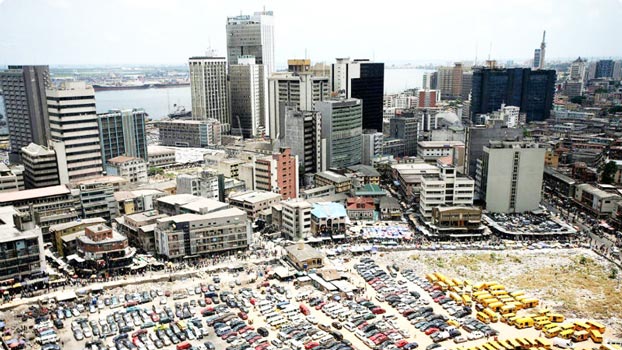 Nigeria’s Debt Management Office (DMO) has unveiled a staggering figure, revealing that the country’s public debt ballooned to N97.34 trillion ($108 billion) by the fourth quarter of 2023.
Nigeria’s Debt Management Office (DMO) has unveiled a staggering figure, revealing that the country’s public debt ballooned to N97.34 trillion ($108 billion) by the fourth quarter of 2023.
In a statement released to journalists on Friday, the DMO highlighted the significance of public debt as a means for countries to secure additional funds for economic development, enabling them to undertake larger projects conducive to growth.
According to the statement, “Nigeria’s Public Debt Stock as of December 31, 2023, was N97.34tn or $108.229bn.” This total encompasses both domestic and external debt held by the Federal Government of Nigeria, the 36 State Governments, and the Federal Capital Territory.
The document underscores a significant increase of N89.43 trillion compared to the previous quarter’s figure for September 2023, attributed primarily to new domestic borrowing aimed at partially financing the deficit in the 2024 Appropriation Act, as well as disbursements from multilateral and bilateral lenders.
Of the total debt stock, domestic debt amounted to N59.12 trillion, representing 61 percent, while external debt stood at N38.22 trillion, accounting for the remaining 39 percent. Notably, Nigeria’s external debt structure heavily favored loans from multilateral (49.77 percent) and bilateral lenders (14.02 percent), totaling 63.79 percent, which are predominantly concessional and semi-concessional.
While emphasizing its commitment to implementing best practices in public debt management, the DMO expressed optimism regarding ongoing efforts by fiscal authorities to bolster revenue, thereby supporting debt sustainability.
“While the DMO continues to employ best practices in public debt management, the recent and ongoing efforts of the fiscal authorities to shore up revenue will support debt sustainability,” the statement affirmed.

Tinubu Seeks ₦1.77 Trillion Loan To Fund 2024 Budget Deficit
Nigeria’s Inflation Rate Climbs To 33.88% In October 2024
NNPC Signs Gas Supply Deal With Dangote Refinery For Power Generation
NNPC Ends Petrol Imports, Moves To Local Sourcing From Dangote Refinery